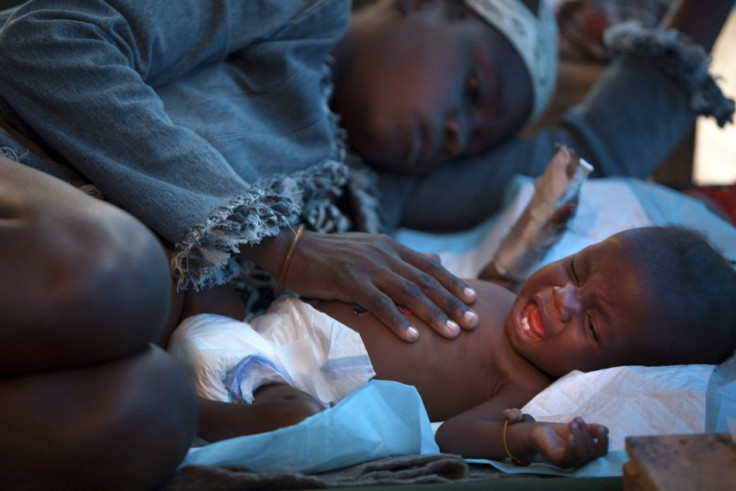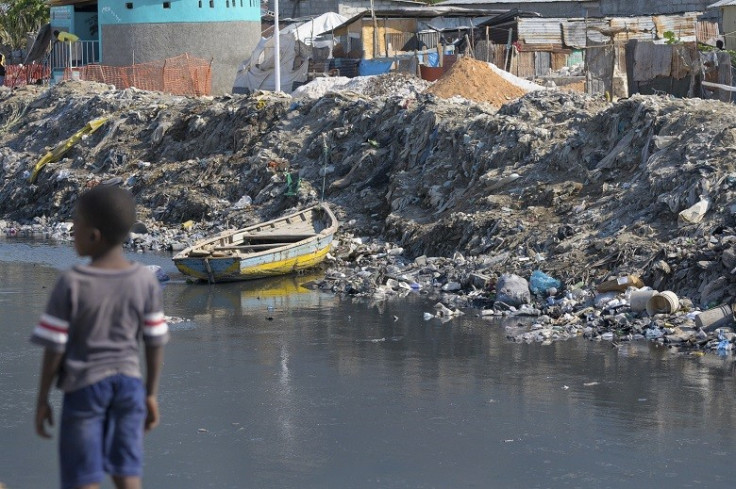South America Cholera Outbreak Heading Towards US

An outbreak of cholera that started in Haiti three years ago has now spread to South America's mainland, and is heading north towards the US.
The virus has ravaged Mexico, where 171 cases were reported in just six weeks leading up to 18 October.
So far 171 cases of cholera have been reported in Mexico City and states to the north and east. One person has died from the infection and 39 more have been hospitalised.
Cholera has also spread to Cuba. It is thought an infected person who worked in Haiti brought the disease to the country. Since then there have been 700 cases of the disease and three deaths.
Jon Andrus, deputy director of the Pan American Health Organisation, said it was inevitable the infection would spread beyond the Caribbean island and called the outbreak a "global threat to health."
Haiti was plagued by an outbreak of cholera following the 2010 earthquake that devastated the country. So far, the epidemic has claimed 8,000 lives and represents the largest national cholera outbreak in modern history.
Earlier this month, it was announced that Haitian cholera victims are suing the United Nations because they say troops entering the country following the earthquake brought the disease with them - Haiti had not had a single case of cholera for 100 years before the earthquake.
Cholera is an infection of the small intestine. It is caused by bacteria and is normally spread through faeces of infected people getting into water supplies. It causes vomiting and diarrhoea, resulting in dehydration and death in extreme cases.
Andrus told National Public Radio (NPR): "It was always a major concern that it would be exported to other countries, as has recently happened in Mexico. We are advocating throughout the region for countries to be on their guard."

Andrus says people visiting Cuba on holiday then spread the infection to Chile, Venezuela, Italy, Germany and Holland. "To what extent are we concerned about spread? Well, it's really a regional threat and now a global threat to health.
"It won't be 10 years, [but] it won't be days or weeks."
Maureen Birmingham, PAHO's Mexico representative, told NPR that authorities are currently focusing on providing clean water and sanitary facilities to communities at risk from cholera.
Edward Ryan, from the Massachusetts General Hospital, added that cholera outbreaks "test the system".
He added: "Cholera's one of those infections that catches attention in a way that few infections do - plague, Ebola, pandemic influenza, cholera. It's one of those ones that everybody sort of sits up straight for."
© Copyright IBTimes 2025. All rights reserved.






















